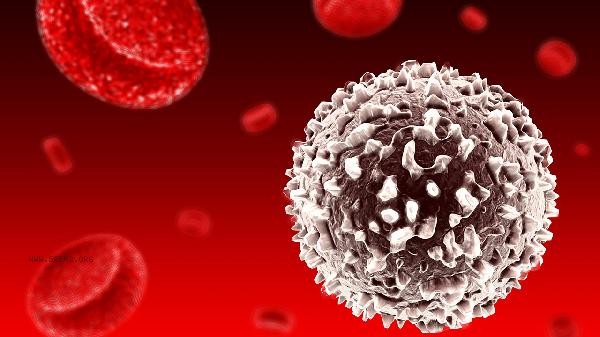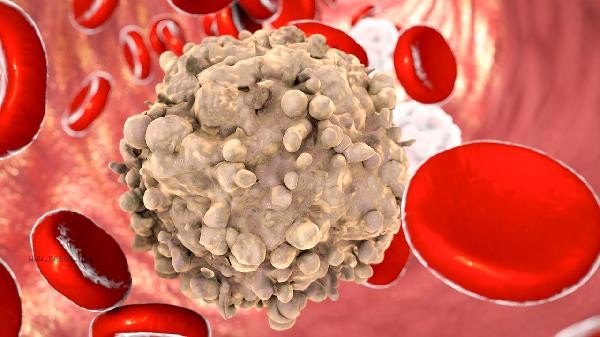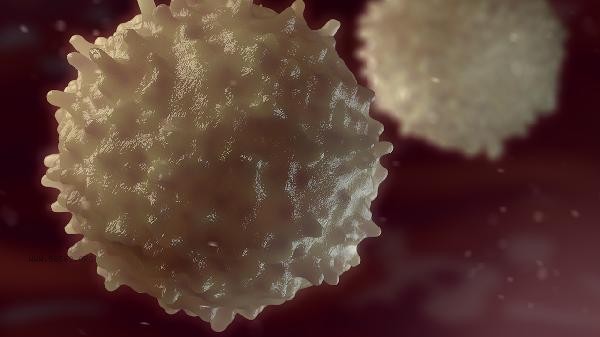Elevated white blood cell count may be caused by infection, inflammatory response, blood diseases, drug effects, or stress response, and the cause should be determined based on specific examination results.
1. Infection factors:

Bacterial or viral infections are common causes of elevated white blood cells. When pathogens invade the human body, the immune system activates the bone marrow to accelerate the production of neutrophils and lymphocytes, leading to a significant increase in white blood cell count in the short term. For example, Streptococcus pneumoniae infection may cause white blood cells to exceed 15 × 10 ⁹/L, while EB virus infection may lead to an abnormal increase in lymphocyte proportion.
2. Inflammatory response:
Non infectious inflammations such as rheumatoid arthritis, ulcerative colitis, and other autoimmune diseases can stimulate the release of pro-inflammatory cytokines in the body, continuously activating the hematopoietic system. This type of situation is often accompanied by synchronous elevation of neutrophils and monocytes, as well as abnormal inflammatory indicators such as C-reactive protein.
3. Hematological disorders:

Bone marrow proliferative diseases such as chronic myeloid leukemia can cause abnormal proliferation of white blood cells, with values reaching more than 10 times the normal value. This type of disease is usually accompanied by the appearance of immature granulocytes, and platelet and hemoglobin indicators may also be abnormal, requiring diagnosis through bone marrow puncture.
4. Drug effects:
Corticosteroid drugs can promote the release of white blood cells from the bone marrow storage pool, usually with a numerical increase occurring 4-6 hours after medication. Some antiepileptic drugs and immunosuppressants may also cause drug-induced leukocytosis, which can often be restored to normal after discontinuation.
3. Stress response:
Increased secretion of adrenaline during intense exercise, severe trauma, or acute psychological stress can promote the entry of peripheral pool leukocytes into the circulatory system. This physiological elevation is usually transient and can recover on its own within 24 hours without any other blood abnormalities. When persistent high levels of white blood cells are found, it is recommended to improve blood smear microscopy, inflammatory markers, and bone marrow examination for further differentiation. It is necessary to avoid intense exercise in daily life and undergo immediate testing to control the development of chronic inflammatory diseases. Medications that may affect blood count should be adjusted according to medical advice. Diet can appropriately increase fish and eggs rich in vitamin B12, but patients with blood diseases need to strictly follow specialized dietary guidance. Regularly recheck the blood routine to dynamically observe the trend of changes. If accompanied by persistent fever, weight loss, or lymph node enlargement, timely medical attention should be sought from the hematology department.










Comments (0)
Leave a Comment
No comments yet
Be the first to share your thoughts!